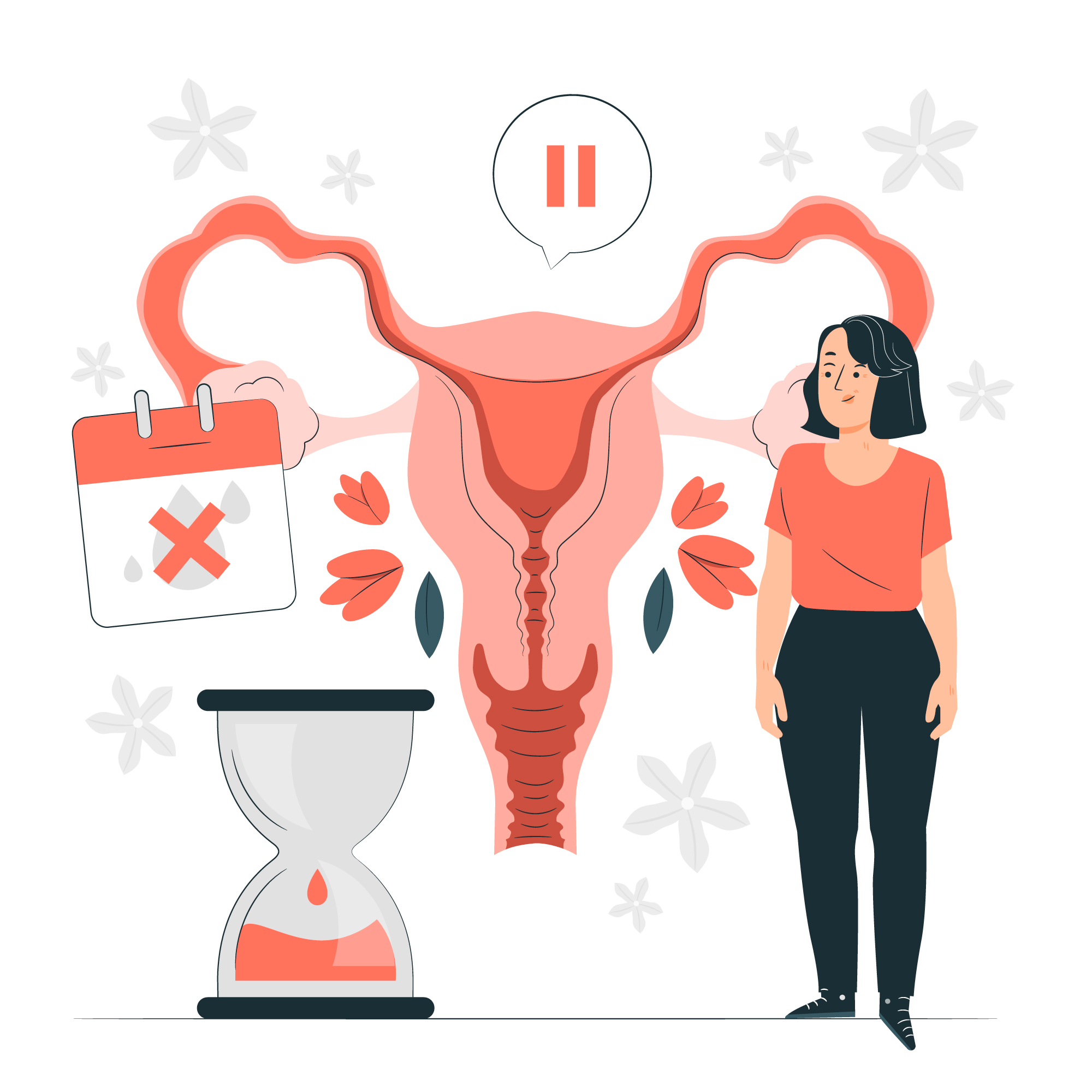
What is PCOS?
PCOS, or polycystic ovarian syndrome, is a pretty common health issue, affecting about 1 in 10 women of childbearing age. Women with PCOS often have a hormonal imbalance and metabolic issues that can impact their overall health and appearance.
How does PCOS impact fertility?
Women with PCOS often have imbalances in their reproductive hormones, which are usually caused by higher levels of androgens, or ‘male hormones’. The higher presence of androgens can stop the ovaries from releasing an egg during the menstrual cycle. Normally, the ovaries release an egg during the typical process of ovulation, which is triggered by a series of hormones (including LH, FSH, and estrogen). Once an egg has been released from the ovary, the empty follicle releases progesterone, which prepares the uterus for conception and helps the pregnancy to continue. With PCOS, the egg may not develop properly, or may not get released during ovulation as it should. This lack of ovulation or insufficient ovulation means that the woman is unable to produce the right levels of progesterone. Low or no progesterone makes it difficult to get pregnant. Due to this, PCOS is one of the most common causes of infertility in women.
Is it still possible to get pregnant if I have PCOS?
Yes, in fact, PCOS is one of the most common causes of infertility, but it can be treated. Just because you have PCOS doesn't mean you can't get pregnant. In women with PCOS, hormone imbalances can affect the growth and release of eggs from the ovaries (ovulation). To put it simply, if you don’t ovulate, you can’t get pregnant.
What if I’m not ovulating?
So, you've been monitoring your hormones and noticed you're having trouble getting or staying ovulating. No problem! Your doctor can help you figure out how to get back on track, increase your chances of getting pregnant, and raise your levels naturally.
